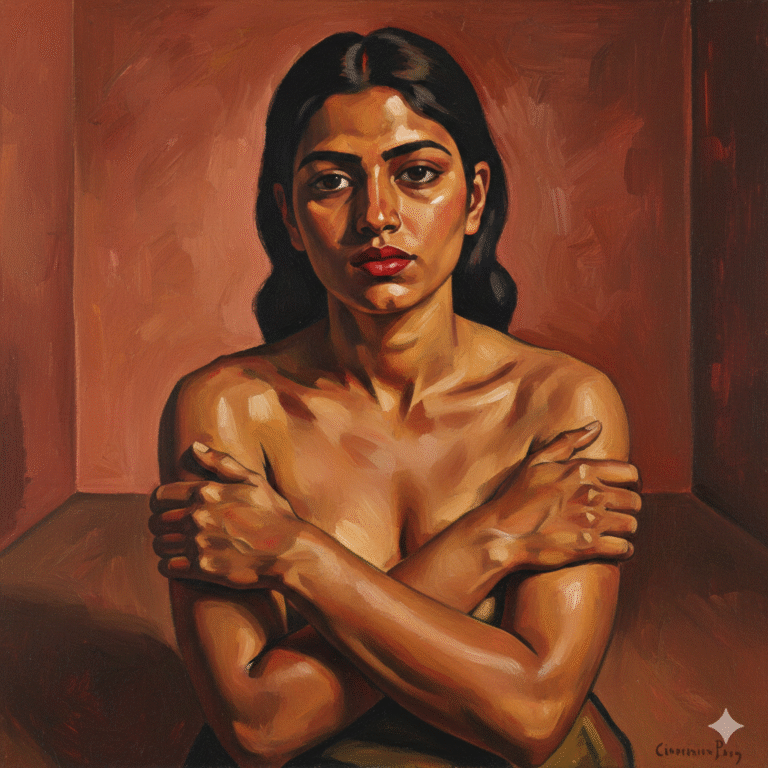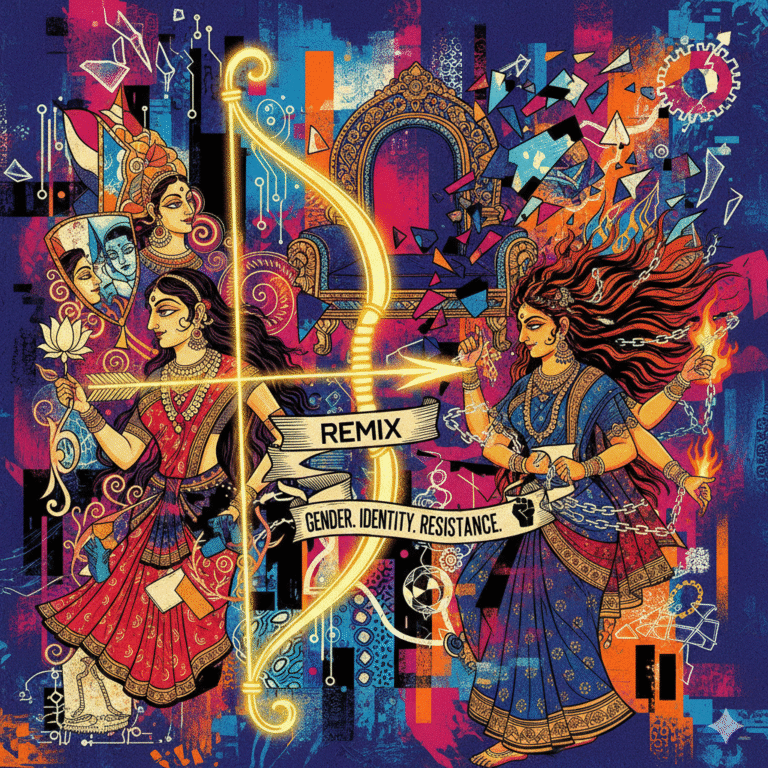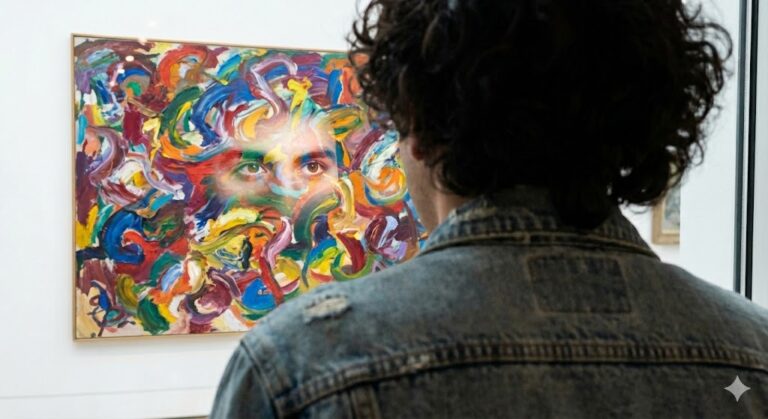by Sujit Sanyal
Or, to be more precise, did the Muslim League actually represent the entire Muslim population in undivided India? And who was Jinnah precisely representing?
Let’s first discuss some lesser-known facts about the Partition of India.
Let’s look at the moments of world history in the 1930s.
In Europe, a painter of sorts was slowly manipulating power for himself. His name was Adolf Hitler. Among his agenda was a nation for the Aryans: Germany. He was getting the Jews out of Germany — though murdering might perhaps be a better word — and he kept repeating the same exercise when he invaded other European countries in his bid to cleanse the continent. So he attacked Polish Jews, Austrian Jews, and ended up killing two-thirds of the Jewish population. Systematic killing. The selection was based on religion. Post World War II, the Jews naturally wanted a nation for themselves and in 1948, Israel was established. Religion and race were cardinal factors in nation-building. Closer home, as the Indian freedom struggle gained momentum, the nation was also being split on religious lines. The Muslim League, supposedly representing the Muslims of India, were wanting to form a separate nation; the Sikhs, under Master Tara Singh, were looking for a nation for the Sikhs. The cardinal factor again, was religion.
The initiative for splitting India on the basis of religion — for the Muslims — was being taken by the Muslim League under Mohammad Ali Jinnah. He was of the opinion that once the Britishers left India, power would be in the hands of Hindus — mostly Brahmins and Banias — and the Muslims would be relegated to an impotent existence. Overpowered by sheer number. Overruled.
Did the Muslims of India subscribe to this theory? And did Jinnah’s Muslim League actually represents the bulk of Muslims of India, cutting across all socio-economic strata? The Muslim League was in effect an elitist party consisting of rich gentry and landowners. They did not represent the peasant and the working class and did not entertain women in their apex body. Therefore, to assume that they were representing the entire Muslim population of India would be an incorrect statement. So, who were they protecting, really? The interest of the select few? Perhaps.

The above statement is supported by the fact that when the Muslim League passed the Lahore Resolution on the 23rd of March, 1940, it was opposed within a month — on the 19th of April, 1940, exactly 80 years ago, by the All India Azad Muslim Conference, which included every other Muslim group in India. And they did not want the Partition of the country, they did not want Pakistan!
Who were the Muslim bodies in India who opposed the Lahore Resolution?
The list is long, but it is worth a look:
Jamiat Ulema-e-Hind, Majlis-e-Ahrar-ul-Islam, All India Momin Conference, All India Shia Political Conference, Khudai Khidmatgar, Krishak Praja Party, Anjuman-i-Watan Baluchistan, All India Muslim Majlis, and Jamiat Ahl-i-Hadis.
The Azad Muslim Conference opposed the Muslim League in full strength and on 28th April, 1940, they called for a 2-day Conference in Delhi. It is estimated that 50,000 patriotic Muslims took part in a procession in the capital and there were at least 5000 Muslim women who also participated. The Conference, founded by Allah Bakhsh Soomro, was supported by the Communists and the Progressive Writers Association, continued holding protest events all across India.
Another factor that needs to be looked into was the Elections of 1937:
a/ The electoral college was not on the basis of universal adult franchise. Only the Propertied Class/Graduates and Taxpayers could cast their vote. And that accounted for a meagre 28.5% of the population.
b/ The Indian National Congress was able to win a total of 707 seats, as against 105 of the League. Even the Unionist Party of Punjab won 101 seats — and even they were a secular party, one not in favour of Partition.
This data would show that the League did not truly represent the Muslims of India, least of all the Muslims of the country as a whole.
To add to the Muslim League’s claim of dividing the country on the basis of religion, which meant that geographical areas with high Muslim population would be Pakistan, the irony was that some parts of the so-called high Muslim density population too, were not in favour of a separate Pakistan.
One were the Pashtuns, led by Khan Abdul Gaffar Khan, popularly known as “Frontier Gandhi”, who vehemently opposed the creation of Pakistan and when the Congress Party accepted the Partition he was very bitter about it. In fact, he was reported to have said that “…you all have thrown us to the wolves!” He resisted joining up with Pakistan and demanded that the Pashtuns be given a separate identity, Pashtunistan, covering all Pashtun territories in British India, but the Brits turned it down.
The others were the Baluchis under the leadership of Abdul Samad Khan Achakazai, also known as the Baluch Gandhi. His party, Anjuman-i-watan, also opposed the formation of Pakistan.
There were many other Muslim leaders all over India who did not believe in Partition or in the Muslim League’s narrow, selfish agenda. They were of the opinion that if they have been able to coexist with the Hindus and other religions for thousands of years, they could have well survived without Pakistan.
And, how did the British react?
The Brits, who had always manipulated the Divide & Rule policy, actually allied themselves with the Muslim League and supported the creation of Pakistan.
They simply ignored the Azad Muslim Conference as stage-managed by the Hindus and the demands of Frontier Gandhi and Baluch Gandhi. They could not give up their stage-managed Muslim Leader in M A Jinnah. They just wanted to divide the country. Lord Mountbatten played the pimp.
And here, the last word goes out to the Brits. Today, they are holding onto a fig tree. Tomorrow, Northern Ireland and Scotland will also secede (quite as they should). Even British royal blood is seeking refuge in other countries today. Tomorrow, they will hold on to a fig leaf.
Meanwhile, Pakistan has turned in to a failed nation.
(Art Pickles is developing a series of blogs on the Partition of India, as a companion to the Tales of Partition we have been presenting at different events, when we came across a series of FB Live presentations by Dr Fuad Halim, a physician and a member of the Communist Party of India (Marxist), on whether the majority of Muslims of India were in favour of a two-nation theory. And, did the Muslim League actually represent the Muslims of India, to begin with. We followed Dr Halim and thought that there was enough material in creating a blog as a part of our series.)









+ There are no comments
Add yours